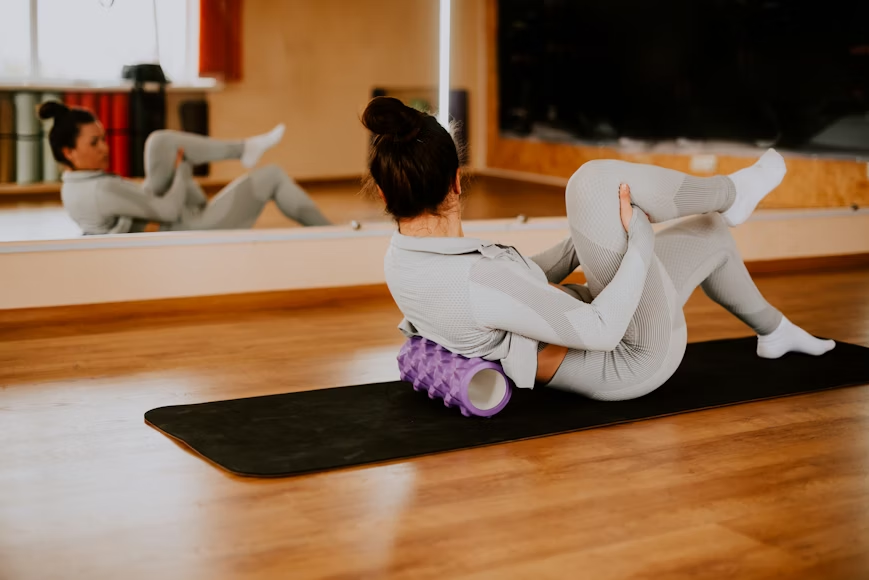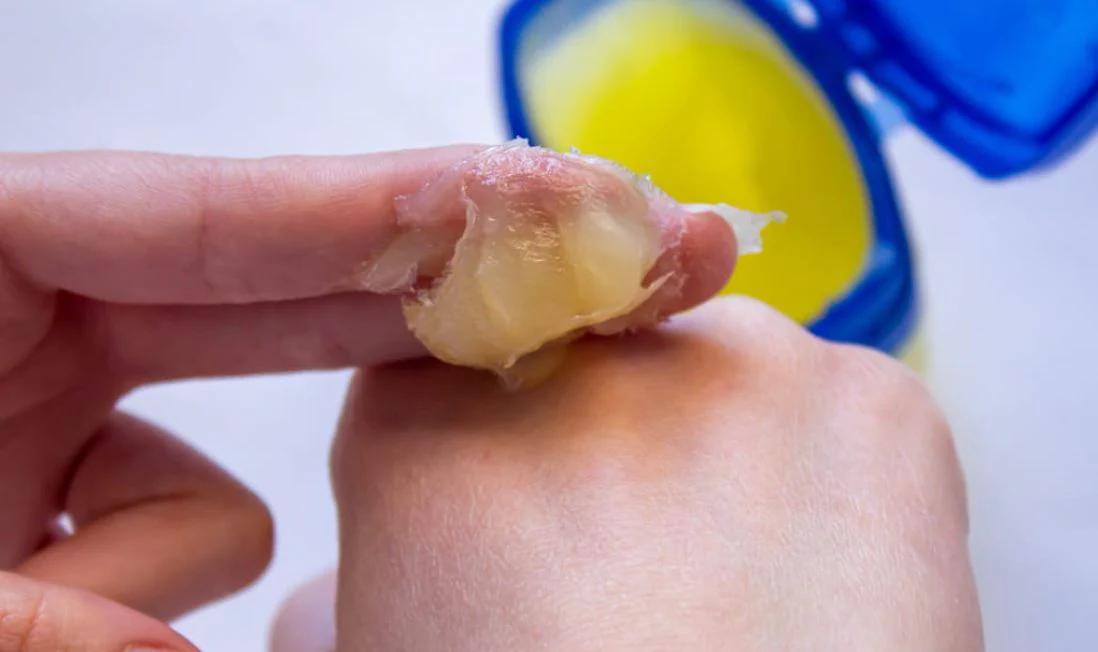How to Keep the Vagina Tight After Sex and Childbirth
After having kids, I really wanted to make sure my husband was happy—because intimacy matters. But I also wrestled with emotional issues that made me feel less confident about my

After having kids, I really wanted to make sure my husband was happy—because intimacy matters. But I also wrestled with emotional issues that made me feel less confident about my body. TV, movies, and social media often show perfect, young bodies, which can make women like me feel inadequate or insecure. I joke about not wanting my husband “swimming in the ocean,” but many women know exactly what that feeling means.
That’s why I’m sharing my personal experience alongside expert advice on keeping your vagina tight, healthy, and your confidence strong—not just physically, but emotionally too.
Understanding Vaginal Looseness and Why It’s Normal
Pregnancy, childbirth, and aging naturally stretch and weaken pelvic floor muscles. These muscles support your bladder, uterus, and rectum—and play a huge role in vaginal tightness, bladder control, and sexual pleasure. I noticed changes after childbirth that affected my confidence and intimacy, and I’m sure many women can relate.
Why Pelvic Floor Care Matters — Early and Long-Term
Taking care of your pelvic floor early is crucial—not just after childbirth but for your future health. Pelvic floor muscles lose strength and elasticity with age and especially during menopause, when declining estrogen levels make tissues thinner and less resilient. Strong pelvic muscles help prevent urinary incontinence, pelvic organ prolapse, and can improve sexual satisfaction well into your later years.
What Helped Me—and Can Help You

Pelvic Floor Exercises (Kegels)
Doing Kegels daily strengthened my pelvic floor muscles and improved both control and sensation. Even if you’re busy, you can do them anytime—while brushing your teeth or sitting at your desk.
Vaginal Weights and Trainers
Adding vaginal weights gave my pelvic muscles gentle resistance training, speeding up results and boosting my confidence.
Healthy Lifestyle Choices
Maintaining a healthy weight, staying hydrated, and eating nutritious, anti-inflammatory foods supported my pelvic health and overall wellness.
Professional Help
If you struggle, pelvic floor physical therapy and medical treatments like laser therapy offer targeted support. Don’t hesitate to ask your doctor.
Emotional Challenges and Media Pressure
I had emotional hurdles too. Seeing flawless images of young women on social media only made me more self-conscious. It’s hard not to compare yourself to those unrealistic standards. But I realized that self-care isn’t just about physical exercises—it’s about accepting your body’s changes and loving yourself through them.
My husband’s support, my family’s encouragement, and my faith helped me navigate these feelings and reclaim my confidence.
What Do Men Think? Does It Really Matter to Them?
I’ve often wondered—does vaginal tightness really matter to men? From my conversations and what I’ve heard from friends and experts, many men do notice and appreciate pelvic health and tightness, but it’s rarely the whole picture for them. Emotional connection, intimacy, and confidence often matter just as much or even more.
My husband has always been supportive and never made me feel pressured, but I wanted to feel my best for him too. Communication is key—sharing concerns openly helps build intimacy beyond the physical.
Men tend to appreciate when their partner takes care of herself physically and emotionally. So, while vaginal tightness can be important, it’s the overall connection and confidence that often makes the biggest difference.
Do Many Women Talk About This? The Conversation Around Vaginal Tightness
Honestly, many women do talk about vaginal looseness and pelvic floor issues, but often in private. Society still treats this as a taboo topic, which is a shame because it affects so many of us. Opening up about it—whether with friends, healthcare providers, or online communities—can be incredibly freeing and helpful. The more we share, the more normalized it becomes, leading to better support and solutions.
Surgery and “Mommy Makeovers”: What You Should Know
Some women choose surgical options to address vaginal looseness or restore pelvic anatomy after childbirth. Procedures like vaginoplasty or perineoplasty aim to tighten the vaginal canal and surrounding tissues. There are also “mommy makeover” surgeries, which may include vaginal rejuvenation, labiaplasty, tummy tucks, and breast lifts—all designed to help women feel more confident in their post-baby bodies.
While surgery can offer dramatic results, it’s important to weigh the benefits against risks like scarring, infection, or changes in sensation. Surgery is usually considered after trying non-invasive methods like pelvic floor physical therapy and exercises.
Personally, I view surgery as a last resort. For me, rebuilding strength through pelvic floor exercises and lifestyle changes was empowering and less intimidating. But every woman’s body and journey are unique. Some may find surgery the right choice, and that’s okay. The key is to make informed decisions with trusted medical professionals.
When to Seek Medical Advice
If you experience pain during sex, urinary leakage, or a sense of looseness that disrupts your daily life, it’s time to see a healthcare professional. Early treatment can prevent worsening symptoms, especially as you age.
My takeaway: Embrace Your Journey
Keeping your vagina tight and healthy after childbirth is a journey that combines physical care, emotional support, and self-love. It’s about feeling good in your body and your relationships. For me, consistent pelvic floor care, lifestyle changes, and emotional healing made all the difference.
You’re not alone. Start small, be patient, and know that intimacy is about connection, not perfection.
Written by Izzy Malcolm for Ravoke.com








